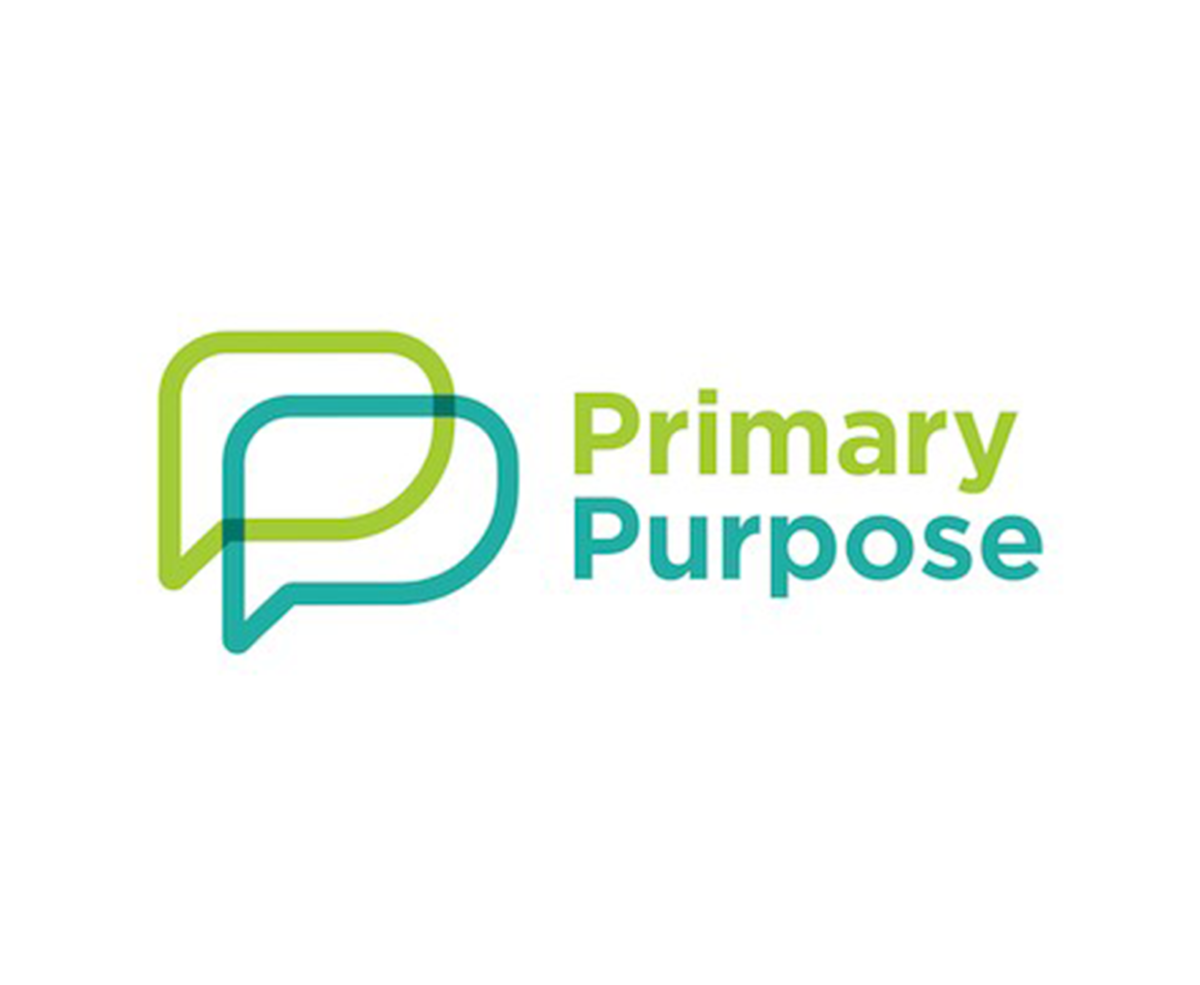
Kellogg course 35

An exploration of social innovation within primary industry education.
Executive Summary Aim: To create a social enterprise whose social mission is focused on a perceived gap in my region. That being, Maori youth prospects in the primary industries and growing economic sustainability to create stable futures for them. I propose to do this through an innovative hybrid model of education and enterprise. The primary

Catchment groups: Fighting the water quality battle.
Executive Summary There is no denying that New Zealand has a declining water quality issue that needs addressed sooner rather than later, there is no denying that both rural and urban communities are at fault. But what resources are out there to help mitigate the declining water quality? The Resource Management Act 1991, as our

Cultivation ideas, valuing the chain leveraging the investment.
Executive Summary The future of the New Zealand Primary industries will rely on its ability to remain agile in the face of ever increasing change. Equally for success to be realised there is a call for the industry to know; where its current position is (and launch from this); how it lifts the level of
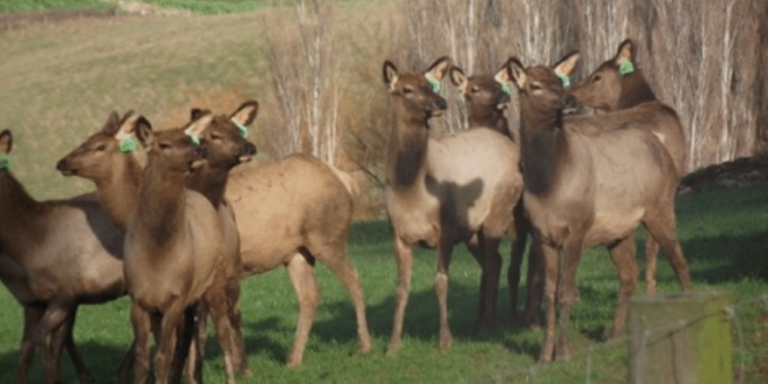
Deer Farmers attitude towards benchmarking and data recording system requirements.
Executive Summary Deer Industry New Zealand is currently involved in a Primary Growth Partnership and levy payer funded project called Passion to Profit (P2P). The overall aims are to improve market returns and on-farm productivity for deer farms. One of the contributing projects to P2P is the definition and recording of Key Performance Indicators (KPIs)

Deer industry leadership: design thinking for communication and engagement.
Executive Summary The deer industry in New Zealand is renowned in the primary sector for its innovation and passion. Deer Industry New Zealand and the New Zealand Deer Farmers Association provide leadership and initiatives to grow the deer industry on behalf of their stakeholders. A vital facet of industry leadership is building capability through fostering
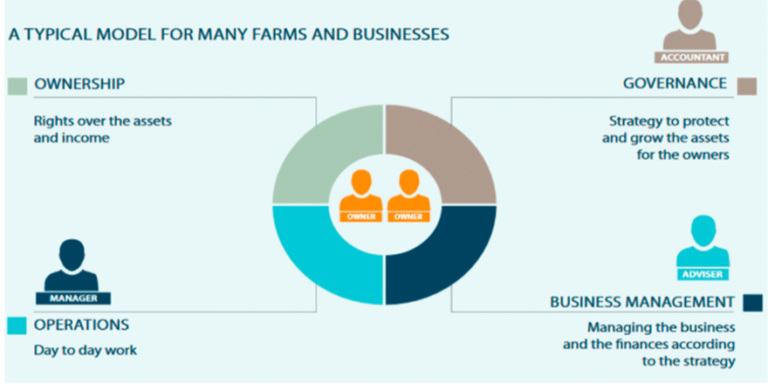
Farming in the family with positive succession planning and governance.
Executive Summary The fundamental drive behind completing this research is to identify various key procedures and initiatives that successful New Zealand family businesses instrument to ensure their achievements and wealth are passed down through the generations successfully. I was also concerned in clearly recognizing some of the common issues which arise in family succession strategies
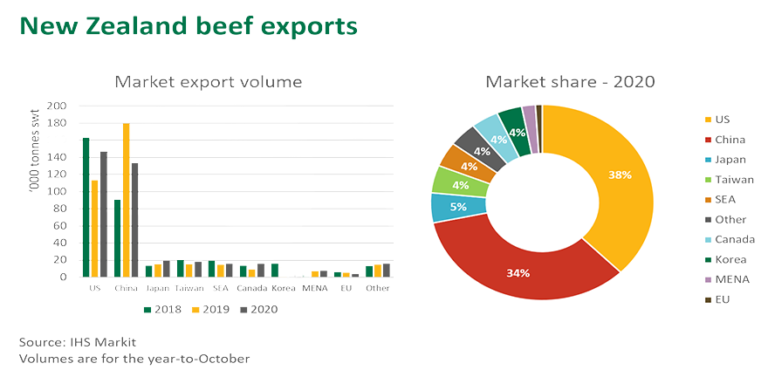
Food trends in the sheep and beef sector.
Executive Summary With a national sheep flock that has halved in size over the past 25 years, yet maintained output the Sheep and Beef sector is bursting with innovators and top producers, full of passion and enthusiasm to improve profitability. A cornerstone that drives the profitability beyond the farm gate is the consumer’s decisions on
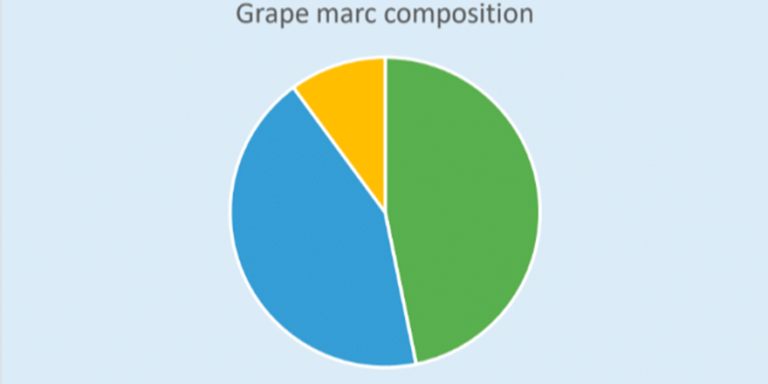
Hitting the marc in marlborough.
Executive Summary Grape marc in the Marlborough region is set to increase in production by 50% in ten years. This increase in quantity could be tolerated by the multiple types of practices that currently exist, if expansion plans are in place. Comparing Marlborough to other industries or other wine regions within New Zealand and off

How has the financial viability of Sauvignon Blanc in Marlborough changed over the last five years in three major growing areas.
Executive Summary The financial viability of Sauvignon Blanc in Marlborough has never been stronger, showing returns on investment for the 2015/16 season of 24.47%, now who wouldn’t chase returns like that? Growers and investors are purchasing the remaining bare flat land to develop and keep up with world demand this is seeing record prices paid
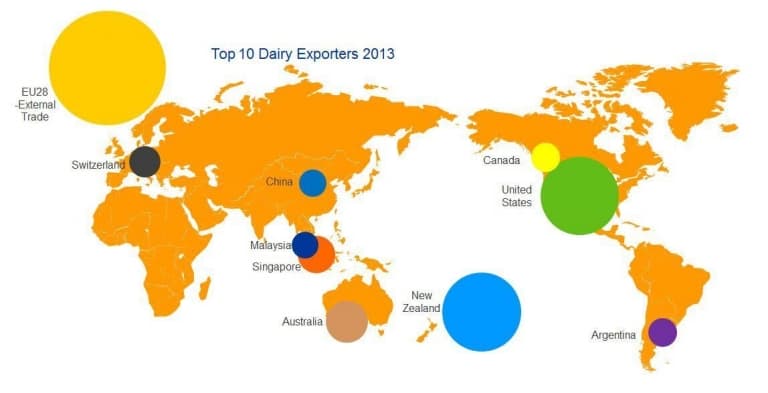
Industry crossroads.
Executive Summary The dairy industry in New Zealand today is as important to the future of the dairy farmer as it is to the future of the New Zealand economy. But as the industry stands, dairy is at a crossroads. New Zealand was identified early in its colonisation as being blessed with the ideal climate

Investigating the impact of social media on the primary industry in New Zealand.
Executive Summary Social media offers primary sector corporations the opportunity to leverage network effects. Rather than one to one interactions, groups of customers and stakeholders have the opportunity to support each other. Primary industry corporations can use social media platforms to facilitate these interactions. This results in increased efficiency, better brand awareness and improved customer
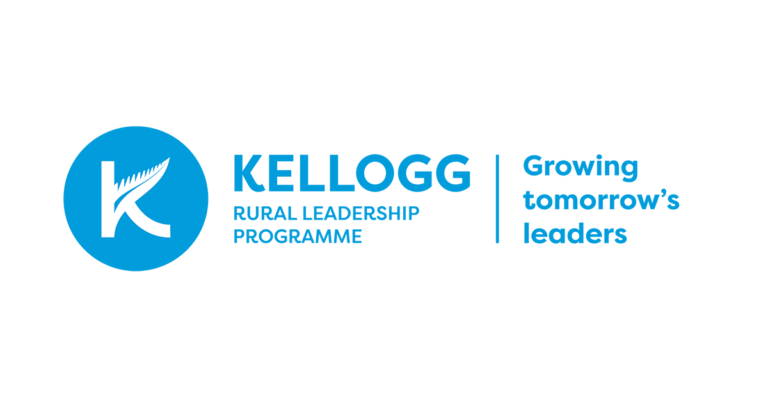
Learning from other organisations: What can DairyNZ do better.
Executive Summary This project aims to assess what DairyNZ can do to improve the way it learns from other organisations. Thirteen interviews were carried out, seven with people from DairyNZ and six from organisations related to the kiwifruit industry (HortNZ, KVH, NZKGI, Zespri). The interviews were transcribed and then analysed. The key findings below are
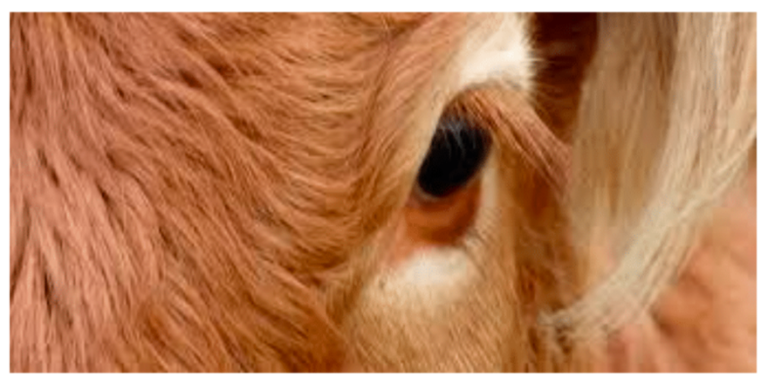
Preventing pinkeye in young cattle.
Executive Summary Infectious Bovine Keratoconjunctivitis (IBK) commonly known as Pinkeye in cattle is a long established animal health problem in New Zealand. Pinkeye is a painful and debilitating condition that can severely affect animal productivity. It is a bacterial infection of the eye that causes inflammation and in severe cases temporary or permanent blindness. Most
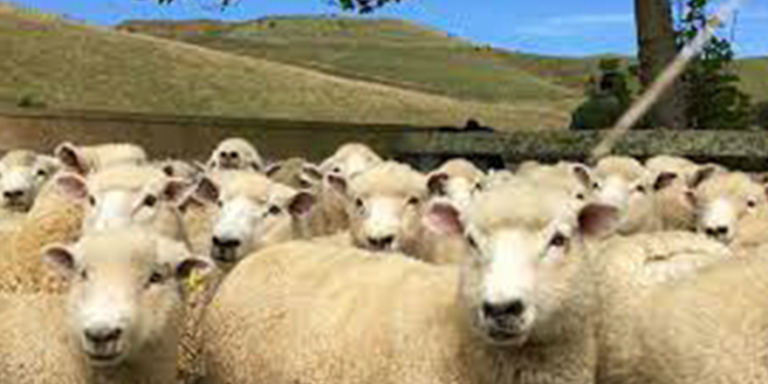
Profitability of the kiwi dream: What are the main drivers of profitability on north island east coast sheep and beef farms.
Executive Summary Profitability is often a challenge within many businesses. North Island East Coast Sheep and Beef farming businesses are no different, operating in a diverse and ever changing economic and climatic landscape. Currently these businesses are facing a more positive outlook, but for how long? And what are really the key drivers of profitability

Releasing our future.
Executive Summary This report aims to identify a pathway for dairy farmers to move from land farmers to land owners. In this report, I single out a pathway known as lease farming and analyse the feasibility and financial pathway to farm ownership over a ten-year time frame. To begin I set the scene on trends
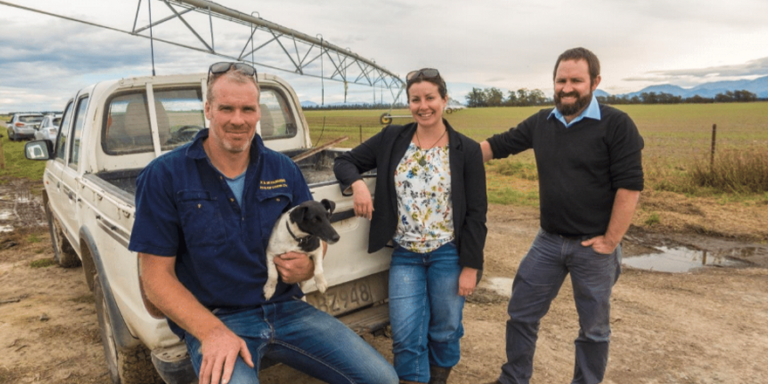
Strategies or creating and implementing sustainable change programmes.
Executive Summary Water quality issues in New Zealand have become a top political issue, with the public demanding action be taken against the agriculture sector to ensure our rivers and lakes are returned to a “swimmable” state. Numerous policies and plans have been developed throughout the country to address these issues, with many regional councils
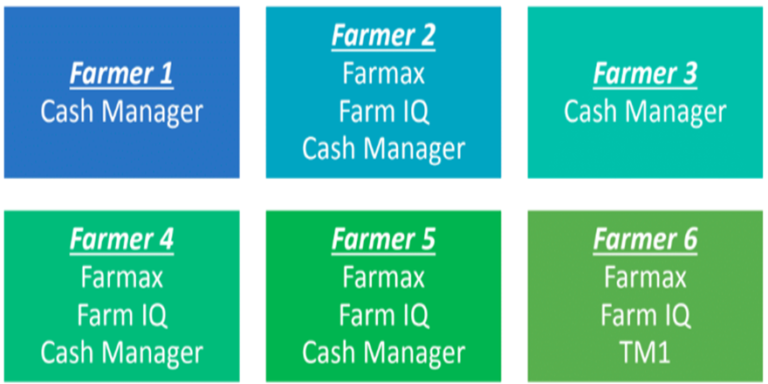
Technology use by sheep and beef farmers.
Executive Summary Farming is increasing in complexity. As such technology is becoming more important in businesses to understand impacts on both financial and physical performance. Top farmers typically lead effective technology adoption. However, this is not always the case. Five Wairarapa farmers along with one Central North Island Farmer were interviewed to determine how and
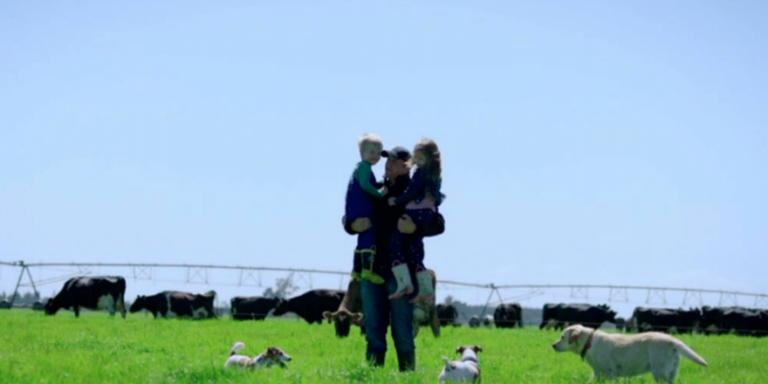
The urban rural divide: How can the New Zealand dairy industry better its social licence with New Zealand’s urban populations.
Executive Summary Dairy farmer’s rights, like those of every member of society are bound by what that society is prepared to defend. This defence is called our social licence and it is the trust that has been built up over time between two parties. The goal of this report is to identify ways in which
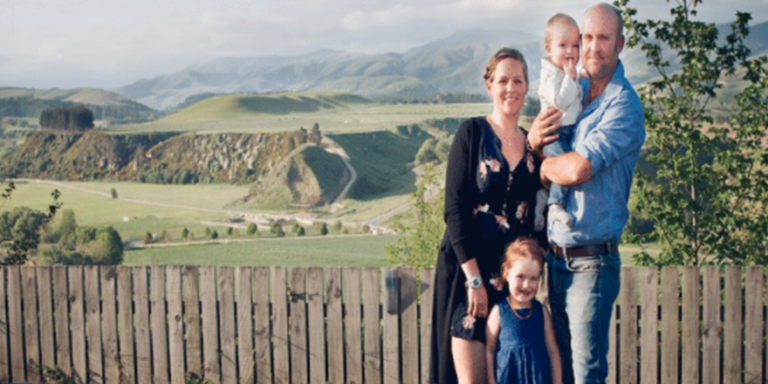
Understanding student awareness of primary sector career opportunities.
Executive Summary According to the UN, food production must double by 2050 to meet the demand of the world’s growing population. Innovative strategies are needed to help combat hunger, which already affects more than one billion people in the world. (un.org 2009) The world is changing and I believe the historical poor perceptions of the
Our programmes work in partnership with some of New Zealand’s leading agribusiness organisations – click here for more.





















